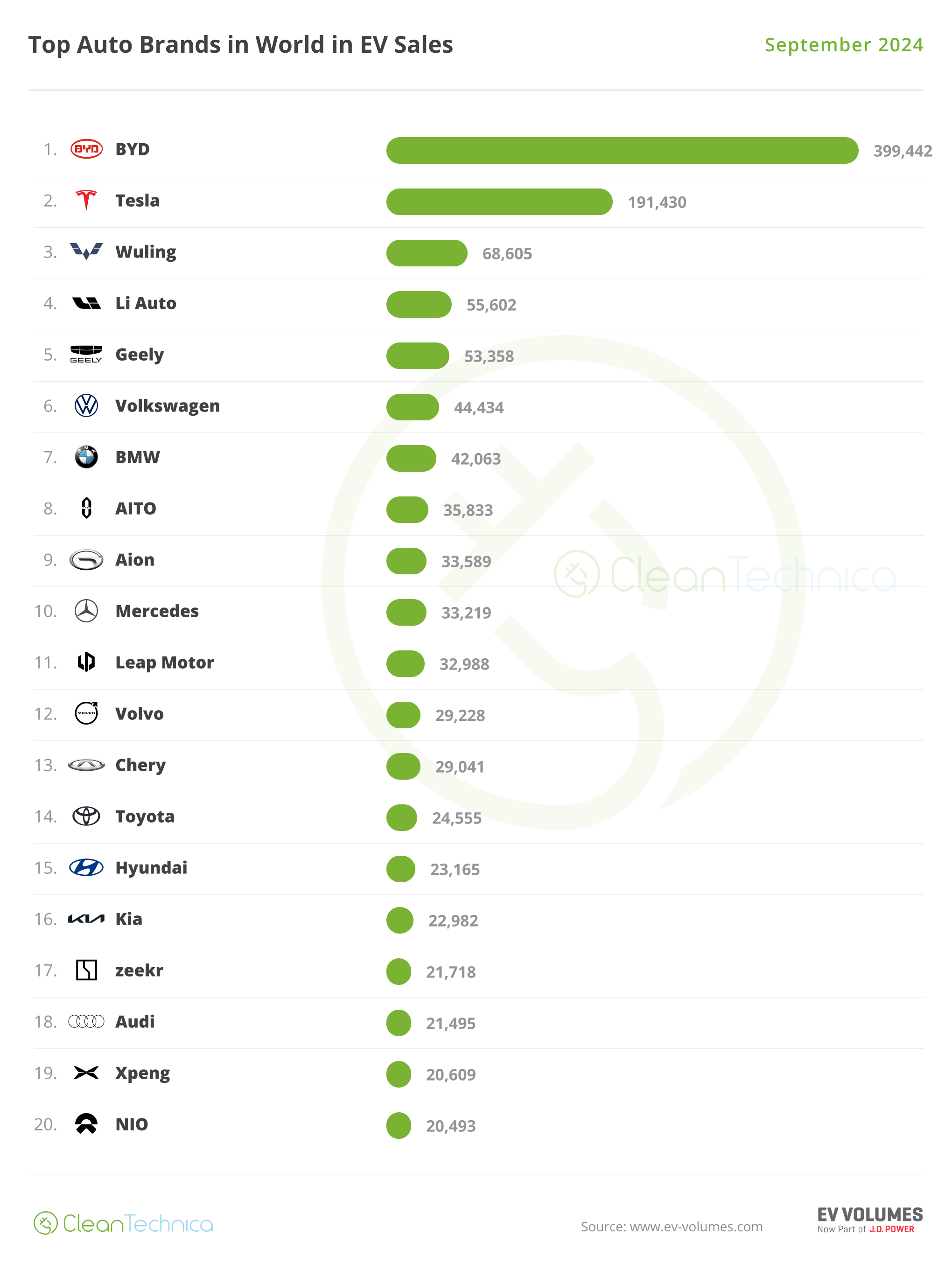
A price modification for photo voltaic clients in North Carolina was just lately accepted by the North Carolina Utilities Fee (NCUC). This has an affect on folks dwelling in North Carolina who need to use the utility grid that Duke Power manages for what is actually a type of power storage, which is finished by way of a course of known as internet metering.
The “internet metering” rules for rooftop photo voltaic funds in North Carolina have been in impact since 2000. Clients whose photo voltaic panels generate extra electrical energy than they instantly require obtain “credit” on their payments for the quantity of the surplus power manufacturing. In 2017 and 2021, the NC Legislature handed legal guidelines requiring state regulators to replace these rules. The North Carolina Utilities Fee (NCUC) adopted by way of by approving Duke Power’s plan in March 2023.
Early final 12 months, Duke and the North Carolina Rooftop Photo voltaic Installers (NCRSI), a gaggle that represents the state’s rooftop photo voltaic enterprise, intervened within the NCUC net-metering case and negotiated a settlement that prevented a pointy decline within the worth of photo voltaic for NC photo voltaic clients. YES Photo voltaic’s Stew Miller, David Hollister of Sundance Energy Methods, and Southern Power Administration’s Bob Kingery served because the group’s leaders, with help from 17 different photo voltaic companies from throughout North Carolina.
The “Stipulation” that NCRSI and Duke agreed upon was accepted and offers photo voltaic customers the choice of a bridge price through the changeover interval. Folks at the moment are in a position to swap to photo voltaic power below a plan that may allow a clean transition (or one thing like that) to the costs listed in Duke’s preliminary submission, which can take impact on January 1st, 2027. That stated, the long-term change is just not appreciated or supported by the rooftop photo voltaic trade.

“The vast majority of folks in North Carolina are in favor of customer-sited photo voltaic power being expanded there. So as to get North Carolina’s photo voltaic shoppers the best cut price, NCRSI labored arduous to realize this,” stated Sundance Energy Methods’ Dave Hollister.
“I hope that in a future docket or legislation the legislature, NCUC and NC Public Workers iterate their views of small-scale photo voltaic and storage as precious for the grid. With this help NC can develop into a frontrunner in distributed technology photo voltaic prefer it has been in utility scale photo voltaic for years now.” stated Bob Kingery, Co-founder and CEO of Southern Power Administration.
The principle driving pressure behind these legislative reforms is the rising attract of photo voltaic as an funding and a solution to the local weather disaster. Supporting their conventional enterprise fashions is a problem for utilities nationally, together with Duke Power, if a big portion of the inhabitants goes photo voltaic. So they’re making an attempt to decelerate rooftop photo voltaic adoption.
“Regardless of efforts like these to decelerate buyer technology of electrical energy, I stay assured that owners will proceed to spend money on photo voltaic to economize on rising electrical energy prices, scale back private taxes with the 30% ITC, and take part within the combat in opposition to local weather change.” stated Stew Miller, co-founder and President of Sure Power Options.
The photo voltaic trade was adamant about establishing client protections for residents of North Carolina in negotiations with Duke Power. In keeping with the NCUC’s order, which was delivered on March 23, 2023, Duke should develop a web based calculator inside 60 days after that date. For programs created for a given web site, the calculator will give a precise estimate of {the electrical} and monetary return. In keeping with NCRSI and others, this calculator is important for the transition approved by this order.
It seems to be just like the time to go photo voltaic in North Carolina is correct now, to sum it up. There is a chance for owners to guard themselves from current and future price changes whereas reaping the advantages of photo voltaic.
I do not like paywalls. You do not like paywalls. Who likes paywalls? Right here at CleanTechnica, we carried out a restricted paywall for some time, however it all the time felt unsuitable — and it was all the time powerful to determine what we should always put behind there. In idea, your most unique and finest content material goes behind a paywall. However then fewer folks learn it! We simply do not like paywalls, and so we have determined to ditch ours. Sadly, the media enterprise remains to be a troublesome, cut-throat enterprise with tiny margins. It is a endless Olympic problem to remain above water and even maybe — gasp — develop. So …




